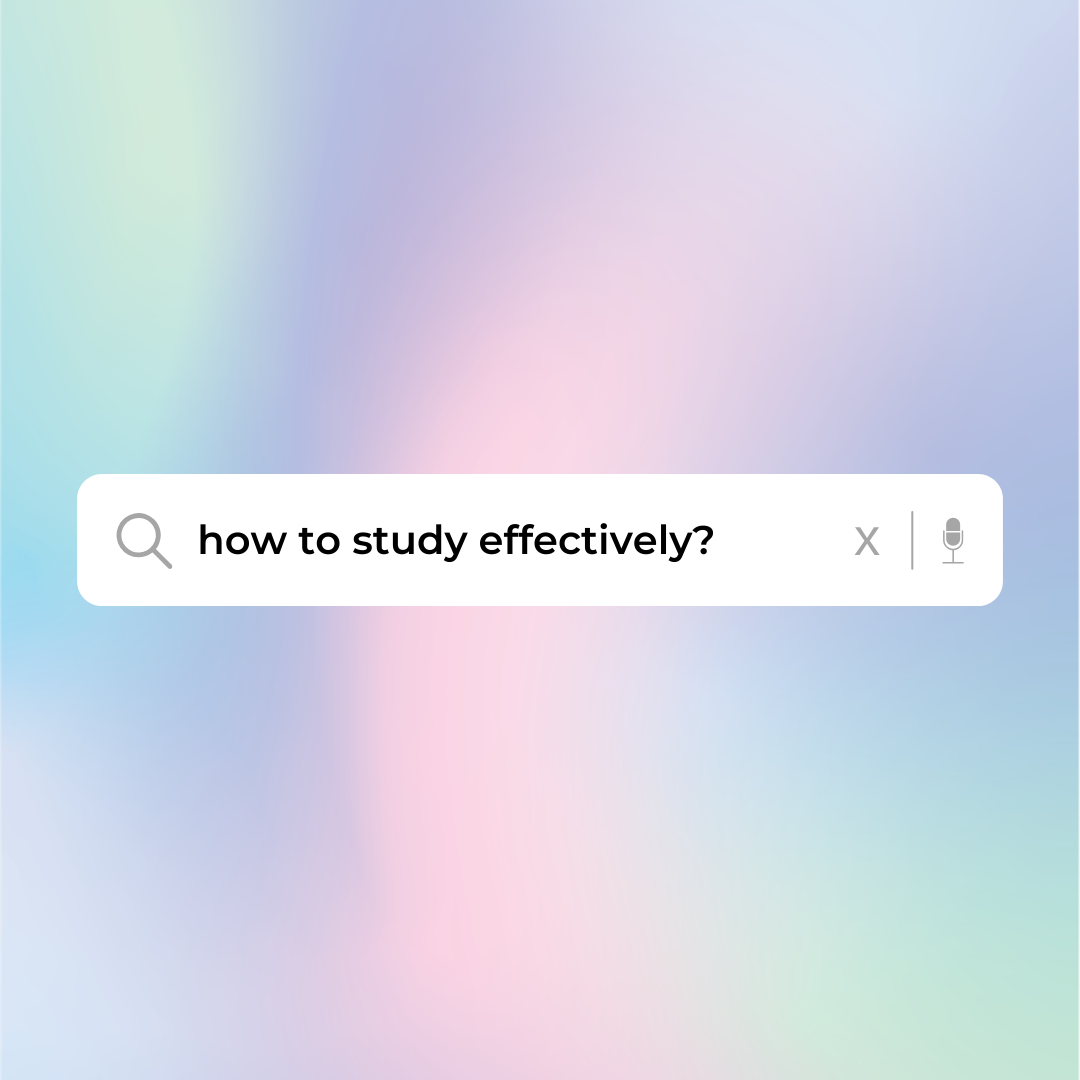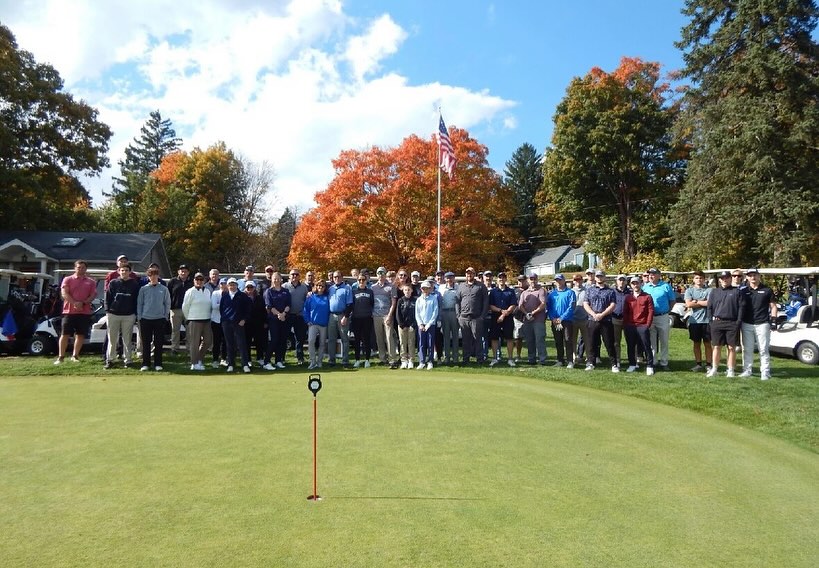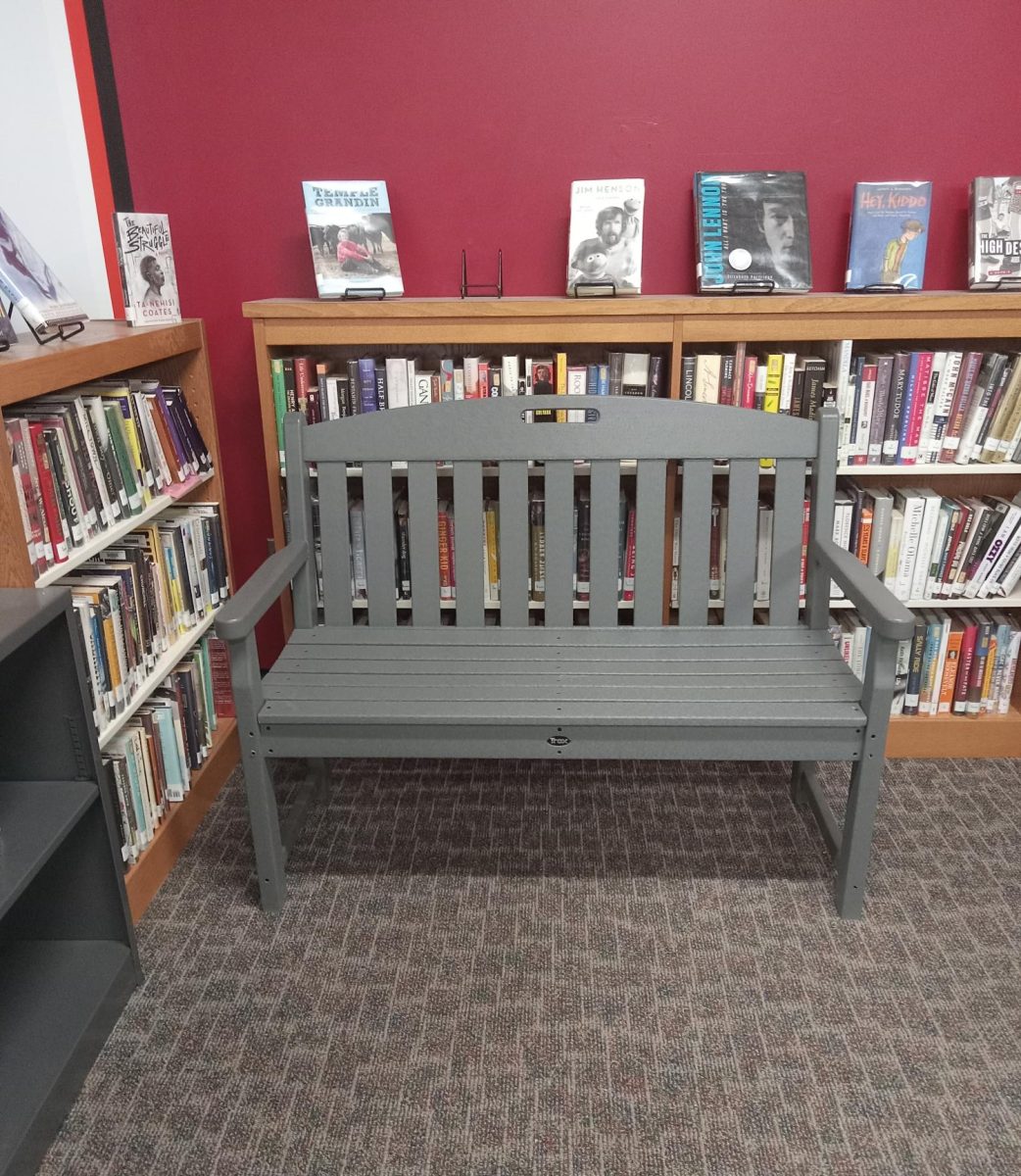With midterms fast approaching and study guide after study guide piling up on you alongside your commitments for after-school activities, studying can feel like the last thing you want to do. Spending hours hunched over your computer and notes trying to memorize and relearn everything from the past half year (times eight for all of your eight classes), well, that isn’t exactly the most appealing and exciting of tasks on your to-do list. But the good news is, you don’t necessarily need to spend fifty hours studying for your upcoming midterms. Using these four simple steps, you can cut your study time at least in half and still learn and memorize the content.
Sounds intriguing, I’m sure! But before we dive into the tips, let’s define studying. According to the Merriam Webster Dictionary, to study (as a transitive verb) means: “to read in detail especially with the intention of learning.”
This, of course, is the stereotypical student reading the textbook and highlighting their notes situation. But effective studying has so much more to it than that. For the purpose of this article we are going to define studying as any action that helps you further understand the content.
And that brings us to tip #1…
Tip #1: Find your study style
Although studying might be seen by some as just “read[ing] in detail” in order to learn something, it is so much more than that. Yes, you have your textbook and notes (both of which are great starting points), but don’t limit yourself to just those two resources. Chances are you will find your attention slipping away as you take the highlighter to your notes and highlight the important parts. And, besides that, you’ve probably already heard from your teachers that highlighting your notes isn’t all that effective because you’re not thinking critically about the content. But what can you do about it? Well, you have an incredible amount of resources at your disposal; between Quizlet study sets, Kahoot challenges, your study guides, notes, textbooks, flash cards, Khan Academy and Crash Course videos, National Honor Society tutors during study hall and after school, your friends and peers, and simply the internet, you are definitely not lacking the resources to study.
Yet, that list is incredibly overwhelming as well. Should you binge watch some Crash Course videos on Chemistry or would your time be better spent quizzing your friends on structural bonding while you FaceTime? Well, that’s where tip #1 comes in handy. Find what works best for you. If you tend to get distracted while watching videos, then pick something else. If you always get off topic when trying to study with your friends, maybe do the Quizlet set alone. If you prefer to do something not on a screen, then opt for good old paper flashcards. Although psychologists have largely disproven that people have just one “learning type,” there is no denying that some ways of studying will engage some people more and some ways will not.
The bottom line? Find the way to study where you are most focused. There’s no point in trying to study for four hours when three hours out of the four you are getting distracted. Maximize your time by analyzing what works best for you to stay engaged.
Tip #2: Look at the review guide
Teachers give these to you for a reason. While every teacher will format their study guide a little differently, it is always worth at least taking a look at. Some may simply be a list of all of the units that will be covered in the midterm, while others may include practice problems for you to try. Although few study guides are actually required and graded, they can be incredible resources for you to reference when studying for your midterms.
Even if you don’t want to go problem by problem in your math study guide, be sure to pick a few of each topic to do (whether it’s a few about congruent angles, determining the distance formula, proving congruence through paragraph proofs, or geometry on the coordinate plane). This is going to help you ensure you feel confident about each topic you are responsible for knowing.
Another great way to use your review packet is to focus on the problems about the topics you’re struggling with. You don’t need to go page by page or problem by problem! Maybe you’re all set with the Spanish vocab, but you struggle with determining the preterite tense from the imperfect tense. Devote your time with the review packet to those problems.
The bottom line? Make sure you are confident about everything on the review guide as this is what the teachers expect you to know for the test. Yet use your discretion while working on it (unless, of course, the entire packet is required to be completed). You can maximize your study time by focusing on what you need to improve on, not what you already know.
Tip #3: Have an accountability partner
Most high school students know the feeling… You’re all ready, so you sit down to study and then, oh hey your friend texted you, and of course you have to respond, and fifteen minutes later you’re about to put down your phone to study, but then, well, you should probably check Instagram, I mean just for a few minutes, and then all of a sudden it’s forty-five minutes later you really should study, but you know, you just have to open up Snapchat, just for a few minutes, and then a couple hours and quite a few apps later… studying, oh um, well, yeah… about that.
As of the publishing of this article, you have a little more than a week to study for midterms. And while procrastination is almost impossible to avoid entirely, in order to maximize your study time, you need to cut out some of those distractions. And the best way to actually do it? Have an accountability buddy.
Whether you and your friend study together at their house for an hour and make sure that you two both stay off your phones for that hour, or you FaceTime each other and do the same thing, having someone else to hold you accountable for studying can be very motivating. Maybe you find it effective to study in the same room that your older sibling is in. Maybe you find it holds you accountable when you study in a cafe with other people around you. Maybe you find it motivates you to study when you record a video of yourself studying… whatever works for you!
The bottom line? You can maximize your time studying by actually studying and staying focused; by doing so, you will cut the time you spend with your notes and review guides and still learn the same content. Find whatever holds you accountable to make the best use of your time and not get distracted, and do it!
Tip #4: Know when to stop
This one is important! It seems so counterintuitive, but could the best way to prepare for your midterms be to not study as much as you think you should? That’s a pretty bold statement, so let’s break it down.
Part A: Take breaks. If you keep going and going and going while studying for hours on end, chances are the attention you’re paying to what you’re learning isn’t going to be as strong as it was when you started three hours ago. Find a good interval to take breaks at. Whether it’s every half hour of every hour, you have to find what works best for you. If you feel unfocused when you don’t take frequent breaks, then add them in for every twenty minutes instead of every two hours. If you get distracted on long breaks, set a timer, remove break time distractions, and make a conscious effort to take a fifteen-minute break instead of a half-hour break.
Part B: Get sleep. Okay, so you procrastinated and now you only have two nights left to study all of the content. Should you A… pull an all-nighter and cram for your test, or B… study for a few hours and then go get some rest? Psychologists have proven that sleep is incredibly important for memory consolidation and storage, so depriving yourself of sleep by studying all night will actually produce worse results than only studying for a few hours and then sleeping.
The bottom line? You can only study so much. While it is important to try your best and give it your best effort, don’t overdo it. Knowing when to take breaks and get rest is not a sign of giving up… it’s actually another way to help you learn and remember what you studied and a way for you to stay focused when you do study!
The whole point of effective studying, in my opinion, is maximizing the time you study while still furthering your understanding of the content. Essentially, studying is qualitative not quantitative. You could study for twenty hours for all of your midterms, but if half of those twenty hours are spent simply highlighting your notes with glazed eyes, pulling last minute all-nighters, and getting distracted on your phone, you aren’t studying effectively! And therefore, you aren’t going to do as well as you would if you studied for half the time but were focused and engaged for the whole time. Often, success lies in the quality of your studying, not necessarily the amount of time you spend studying.
Good luck on your midterms!








